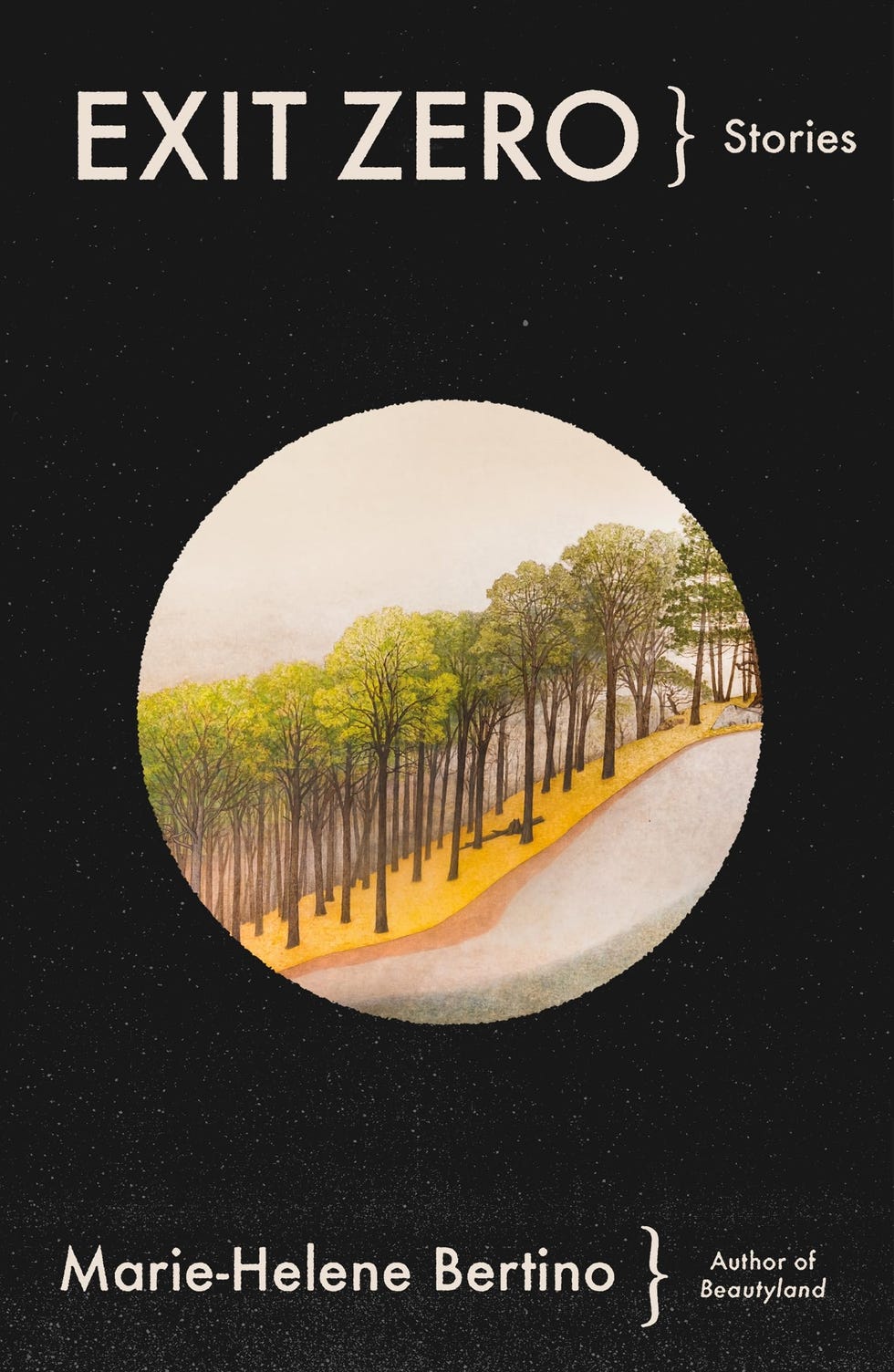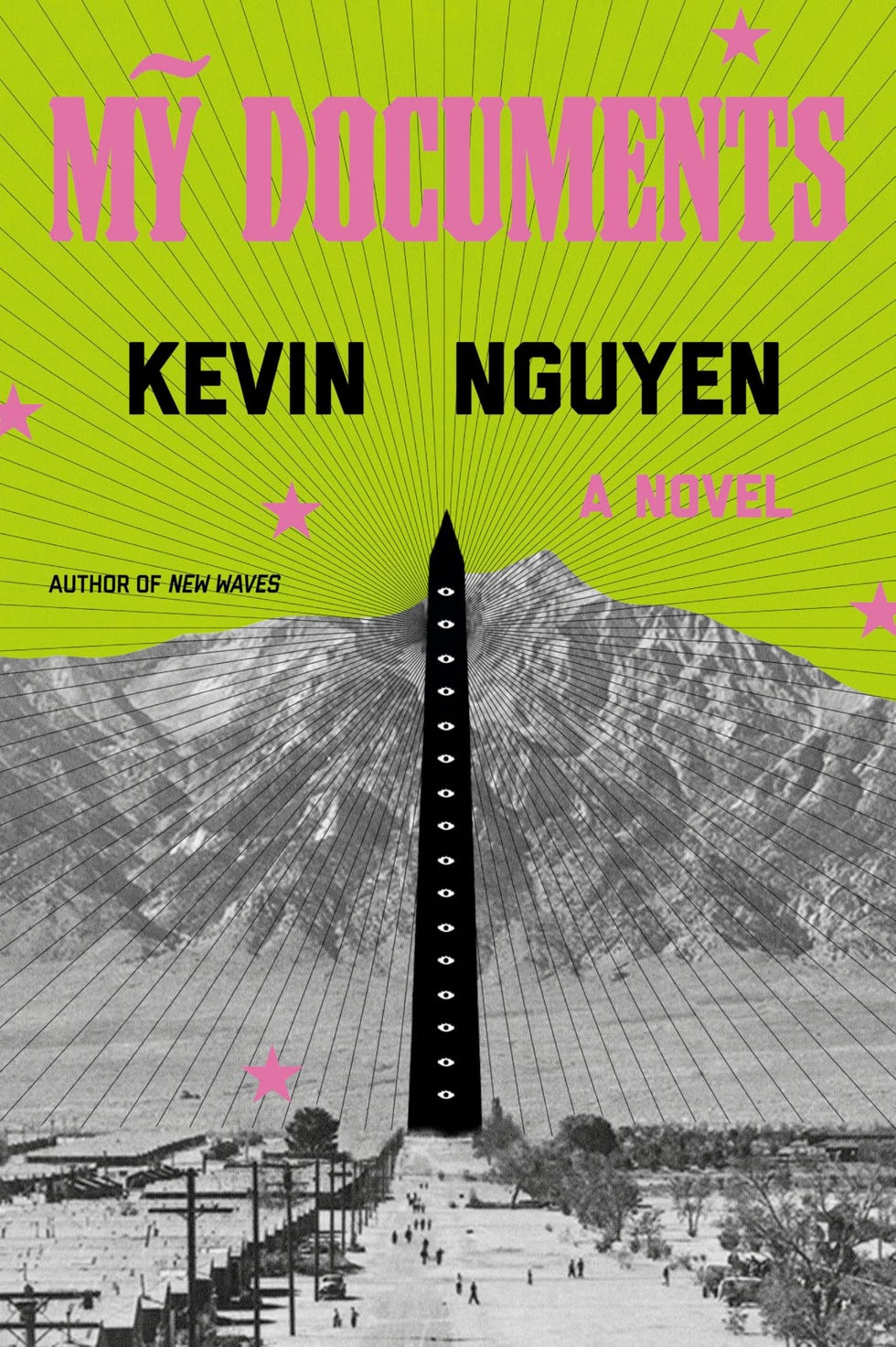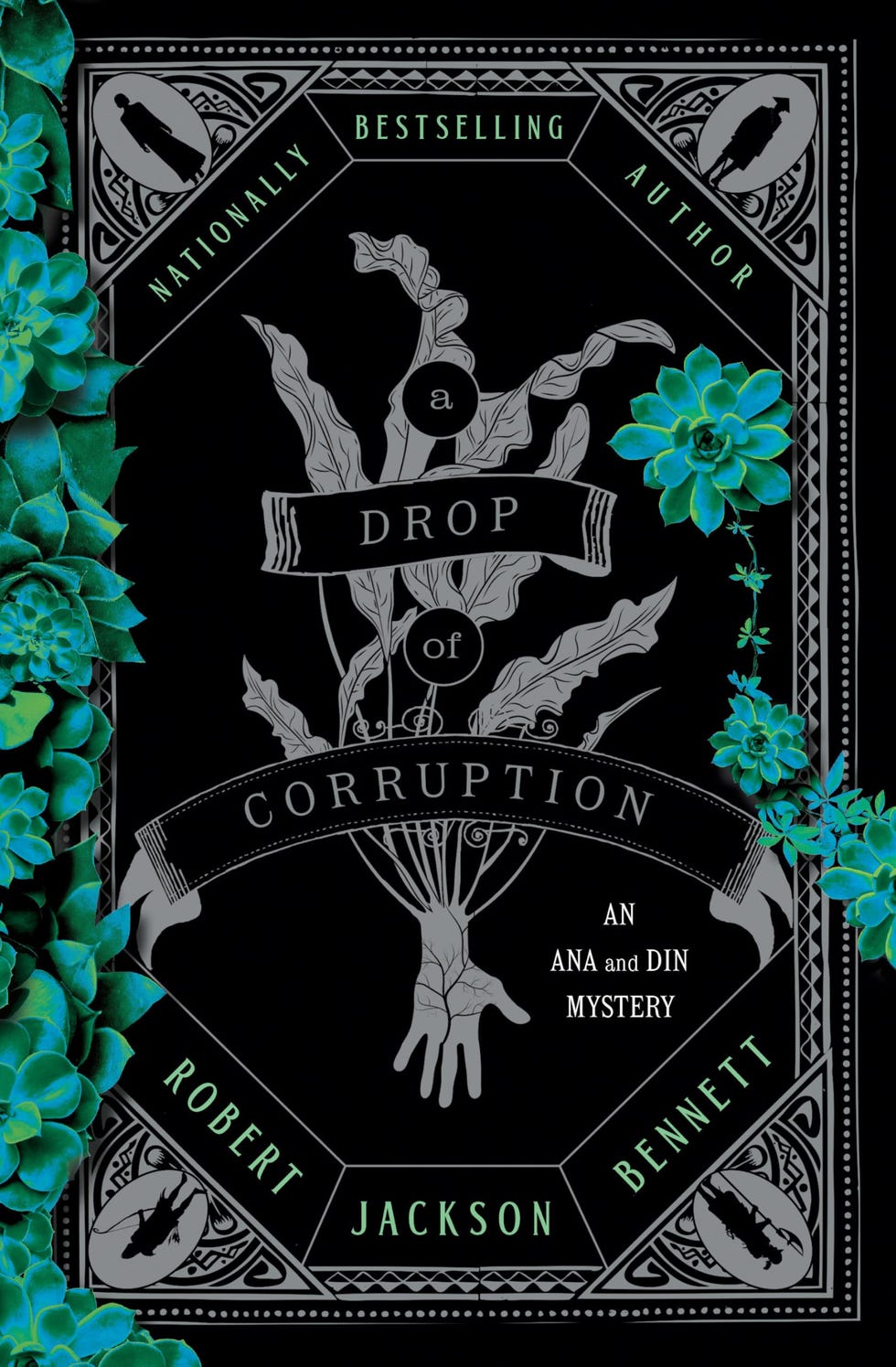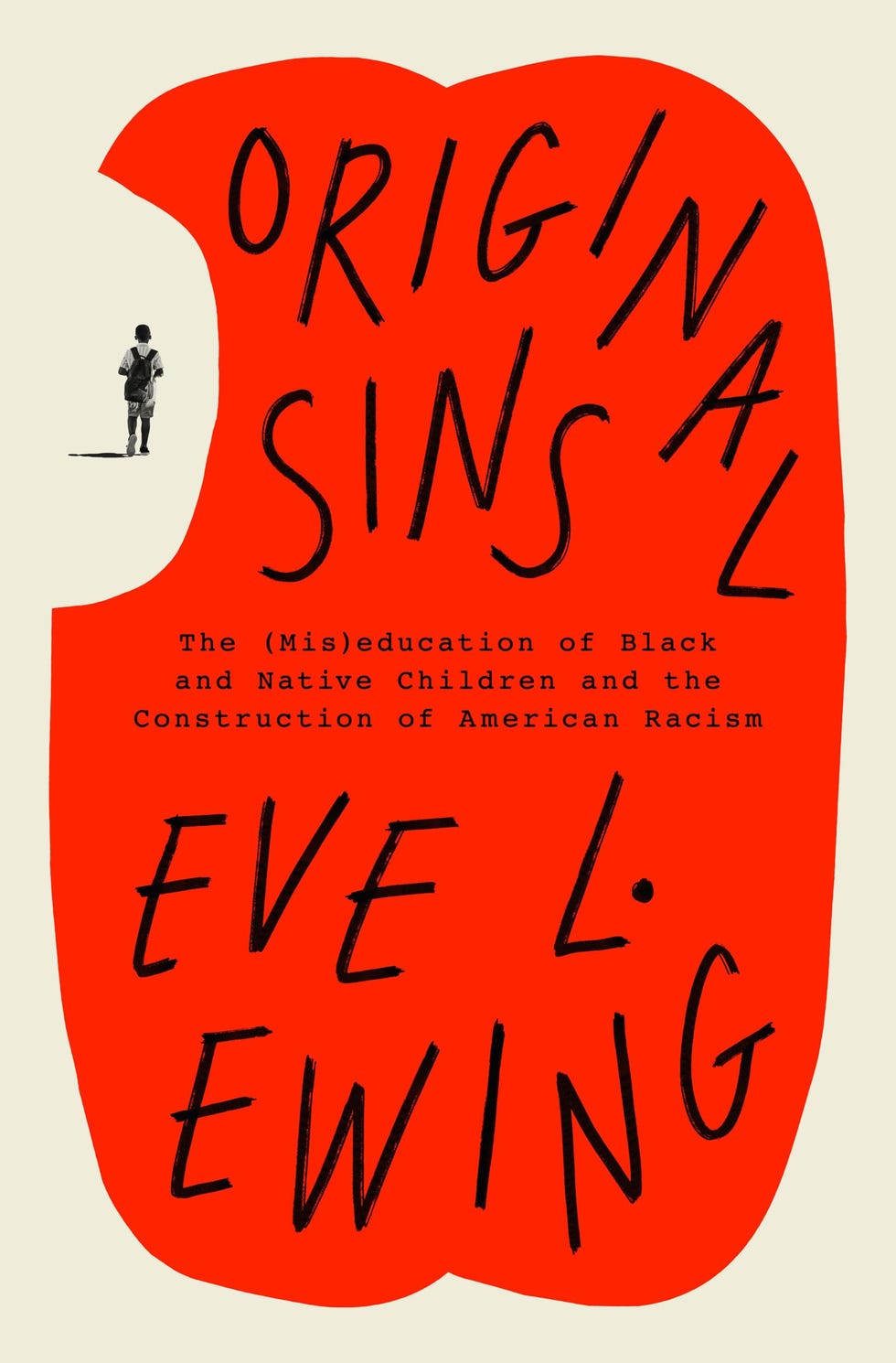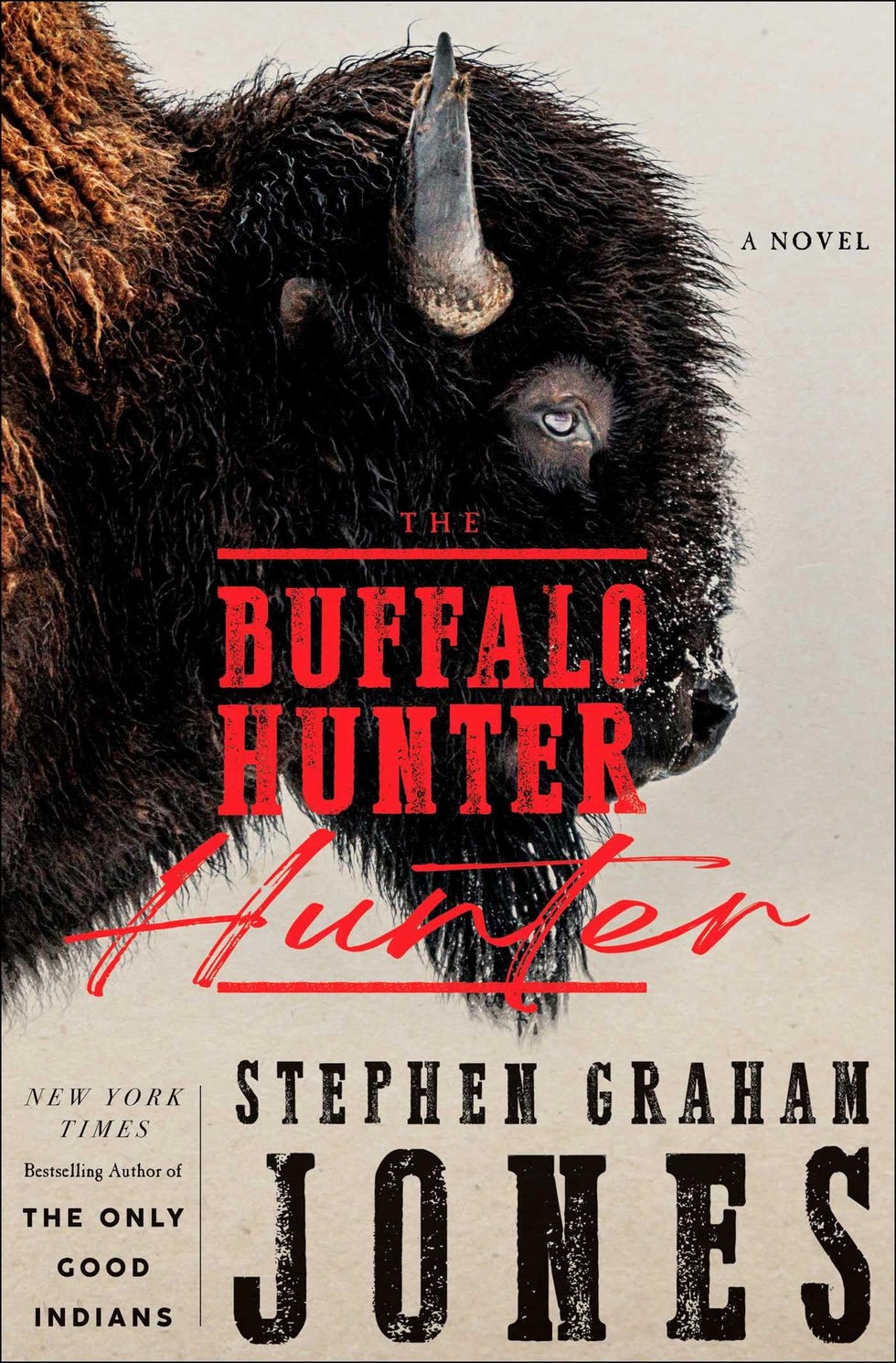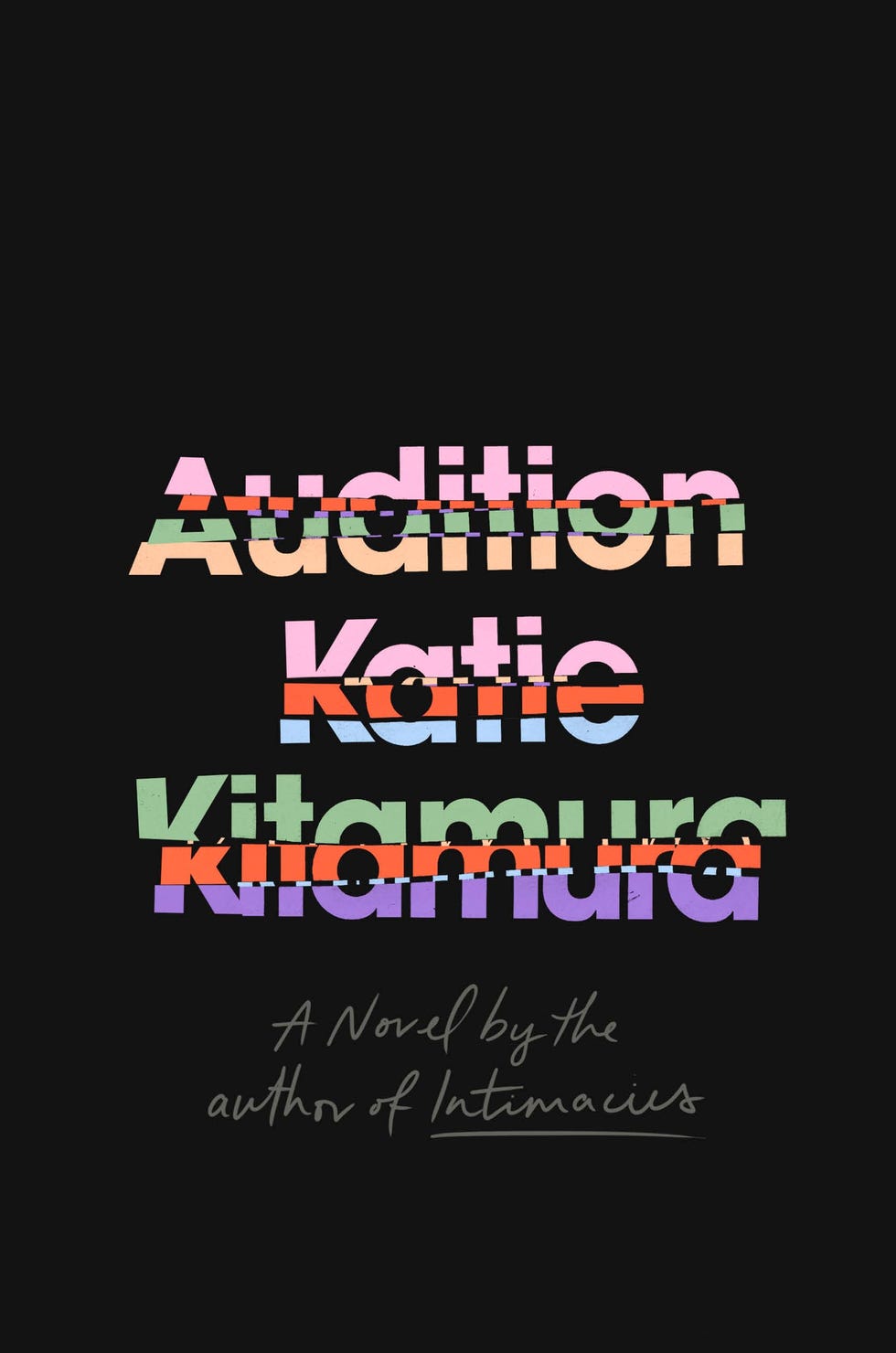The 21 Best Books of 2025 (So Far)

Anita Desai has been shortlisted for the Booker Prize three times since 1980, and she deserves a fourth nomination for Rosarita. This smooth sliver of a novel is a minimalist miracle of fiction. In just 112 pages, Desai transports you to the lush plazas and hidden courtyards of San Miguel de Allende, where a young woman from India, Bonita, meets a stranger who introduces a mystery about Bonita’s family. Their ensuing journey across the volcanic spine of Mexico is one of the most lovely and memorable reading experiences I’ve had in a long time.
We’re living through a short story renaissance and Bertino—the author of Beautyland, one of Esquire’s best books of 2024—has written my favorite collection of 2025. “This never happened,” begins one breathless story about thousands of pink and yellow parakeets that colonize New York City. Ghosts, unicorns, vampires, and other strange things incite Bertino’s fiction, but these twelve stories are grounded in emotional realism and leavened by humor. Bertino’s writing here is electric and propulsive, while her command of genre is masterful: she paces her stories like a thriller, plays with language like a poet, and conjures worlds like Borges.
Advertisement - Continue Reading Below
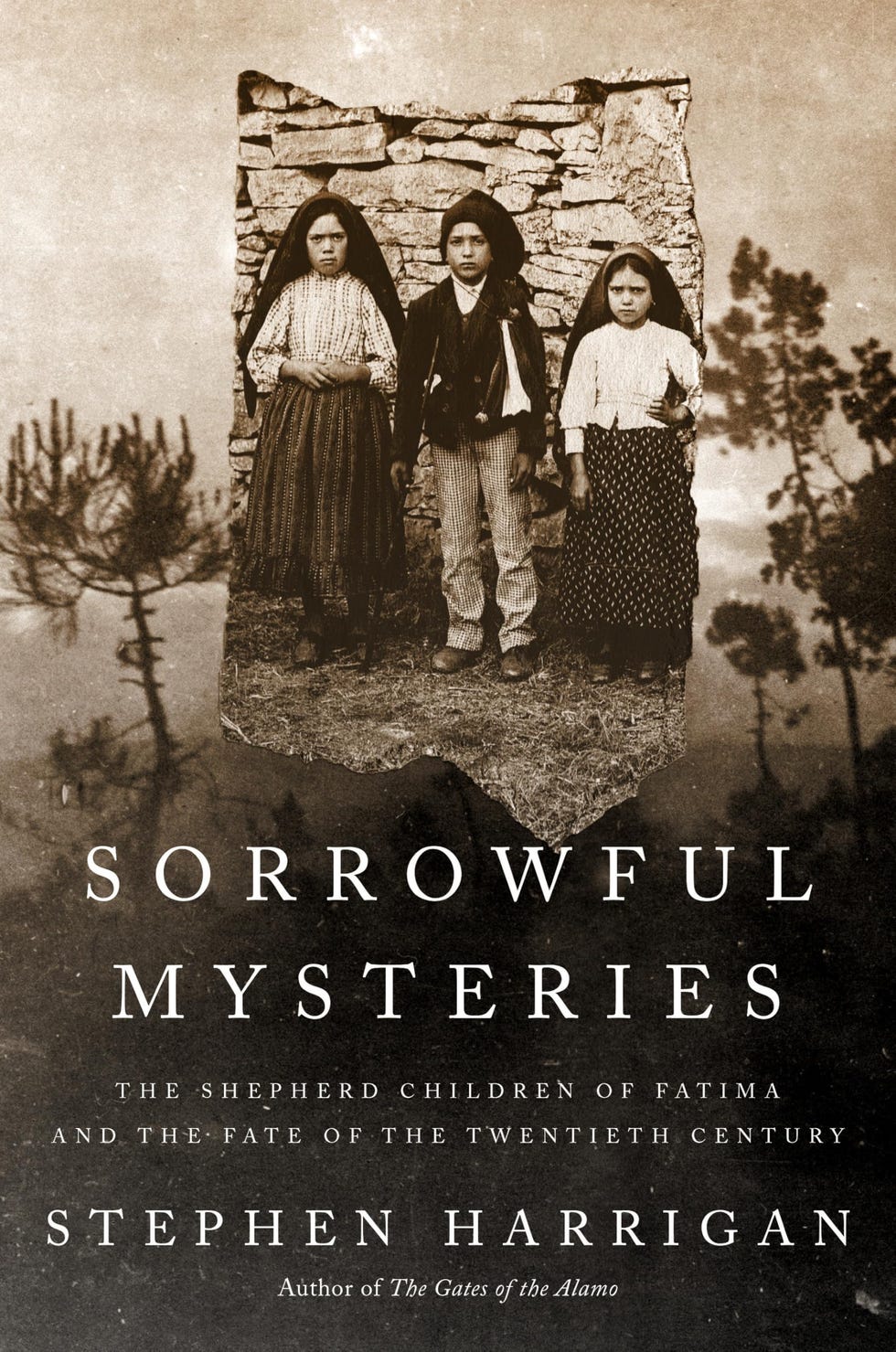
In May 1917, the Virgin Mary appeared in a sheep pasture on the outskirts of Fátima, Portugal, according to three children who claimed to see “a Lady more brilliant than the Sun.” Stephen Harrigan, a 77-year-old writer-at-large for Texas Monthly, heard about Our Lady of Fátima as a boy in Catholic school during the 1950s. This book-length investigation of what really happened in that field more than 100 years ago is a stunning, addictive, fascinating work of nonfiction.
The first chapter of Mỹ Documents makes it seem like a multigenerational family drama in the vein of Yaa Gyasi’s Homegoing or Min Jin Lee’s Pachinko. But then bombs go off in America’s busiest airports, and a group of men with Vietnamese names are blamed for the attacks. As a result, the U.S. government imprisons Vietnamese Americans in “detention” camps and “assembly centers” that mirror the real-life treatment of Japanese Americans during World War II and undocumented immigrants today. It’s a thrilling speculative novel with a surprising amount of humor.
Advertisement - Continue Reading Below
Robert Jackson Bennett is one of the most consistent fantasy writers working today. He’s smart, makes bold narrative decisions, and I loved his two previous trilogies, Divine Cities and Founders. This book is the second in a duology, following up on The Tainted Cup—a fantasy detective story set in one of Bennett’s most interesting secondary worlds, where an Empire wields power by extracting blood from the corpses of leviathans, and where Ana Dolabra and her assistant Dinios Kol must solve another inexplicable murder.
The immaculate beach vibes of Andrew Porter’s latest novel make it a perfect summer read. It’s about a 50-something academic, Steven Mills, whose father (an academic himself) disappeared under mysterious circumstances in 1984. During a long road trip up the coast of California, Mills visits people who knew his father in an attempt to track him down. Could he still be alive, 40 years later? In the hands of a lesser writer, this story could have been a depressing slog, but Porter’s atmospheric prose, pacing, human insight, and compassion forged a novel I couldn’t put down.
Advertisement - Continue Reading Below
In 2025, we’re already living in an era when the proliferation of AI can make it impossible to determine what’s real. How much worse could that get a few decades or centuries from now? Erika Swyler’s (The Book of Speculation) fourth book is a timely science fiction novel set in Bulwark, a walled city that’s governed by AI. A woman named Enita, one of Bulwark’s upper-class “saints” thanks to the sacrifices her direct ancestors made to found the city, is drawn into a murder mystery after one of her fellow saints is killed and the city’s AI erases the death from history. It’s a haunting, suspenseful, and nuanced look at the future we may already be barreling toward.
Chicago’s polymath poet, comic book writer, and sociologist returns with a fascinating and eye-opening look at how American schools have helped build and reinforce an infrastructure of racial inequality. From the Founding Fathers to today’s classrooms, Ewing’s (Ghosts in the Schoolyard) brilliant research and analysis of our two-track school systems, written in her signature bracing prose, is a must-read for every American parent and educator.
Advertisement - Continue Reading Below
Cristina Rivera Garza’s writing rewires your brain, summoning the ghosts of vivid emotions you’d forgotten you could even feel. Every new translation of Rivera Garza (The Taiga Syndrome) is a literary event on the scale of Roberto Bolaño and Clarice Lispector’s posthumous English publications, and her new meta-thriller, Death Takes Me, is no exception. When a professor named Cristina Rivera Garza stumbles upon a dead body, she helps a detective on the hunt for a serial killer who scrawls poetry near the corpses of his victims.
Lalami’s (The Other Americans) new novel has one of the best high-concept hooks of the year: a museum archivist is abducted by federal agents and taken to a detention center for observation after an algorithm predicts she will murder her husband in the near-future. During her monthslong stay in the facility, her dreams are monitored for evidence of homicidal intent. It feels like a mix between Steven Spielberg’s Minority Report and Wim Wender’s Until the End of the World, written in Lalami’s silky and celebrated prose.
Advertisement - Continue Reading Below
El-Mohtar’s last novel This Is How You Lose the Time War (co-written with Max Gladstone), is one of the only books to ever hit the bestseller lists four years after publication thanks to a viral tweet. Her new book, a concise fantasy adventure called The River Has Roots, is about Esther and Ysabel Hawthorne, two sisters who care for ancient trees in the town of Thistleford, which sits near the borders of Faerie. When one of the sisters gets romantically involved with a Faerie suitor, things take a turn for the worse. El-Mohtar is one of our finest crafters of sentences, so it’s fitting that this book features a magic system called Grammar.
Who can forget Karen Russell’s debut novel Swamplandia!, the Florida-set story of alligator wranglers that was a finalist for the Pulitzer Prize for Fiction back in 2012? Her new novel focuses on the other side of the country, where dust storms and the Great Depression have devastated a small town called Uz, Nebraska, where a “prairie witch” can receive and preserve your memories, a camera that can see into the past and the future, and a farm that seems to be supernaturally unaffected by the drought.
Advertisement - Continue Reading Below
“I like to write novels that, to me, are broken at the level of conception, and then see if I can pull it off,” Graham Jones told Esquire two years ago. In Mongrels and The Only Good Indians, he took werewolves and ghost stories in exciting new directions. In the Indian Lake trilogy (My Heart Is a Chainsaw, Don’t Fear the Reaper, and The Angel of Indian Lake), he subverted our expectations for slasher horror. Now, The Buffalo Hunter Hunter tackles the vampire mythos from a unique point of view: the lost 1912 diary of a Montana priest that records the life of a Blackfoot man named Good Stab. It’s a creepy thriller that’s destined for a prestige TV adaptation.
“Binge” is exactly what I did (sorry) over the course of 48 hours with Nicholas’s last novel, Ascension, a suspenseful sci-fi thriller about a mountain that suddenly appears in the Pacific ocean. His new book, Dissolution, is about an elderly woman being interrogated by a stranger about her memories because someone is stealing the memories of her husband. I won’t go further in the plot than that, because putting together what’s happening is one of the novel’s pleasures.
Advertisement - Continue Reading Below
Nayler’s debut novel The Mountain in the Sea is one of my favorite works of science fiction of the decade so far. His latest, Where the Axe Is Buried, is a deft mix between Apple TV+’s Foundation and
Slow Horses adaptations. In the not-too-distant future, the president of the Federation keeps downloading his mind into “a succession of new bodies,” the AI-driven government of Western Europe is working out about as poorly as today’s ChatGPT users would expect, and a team of crack spies and scientists is trying to fight back.
Vara wrote one of my favorite novels of the decade so far, The Immortal King Rao, so I’m excited to see her tackle the most controversial technology of that very same decade—the advent of ChatGPT and other LLM-based AI—in a work of nonfiction. A few years ago, Vara asked GPT-3 to co-write stories with her about the death of her sister, and the results went viral. Searches is a book-length exploration of humankind’s relationship with technology at this particularly fraught moment in time.
Advertisement - Continue Reading Below
As unlikely as it is in reality, I can’t resist science fiction novels about humanity leaving our celestial cradle for another planet. I also loved the short story Joe Mungo Reed published in Esquire a few years ago—Islanders, about the cost of immortality. In his new book, Terrestrial History, a scientist in Scotland meets a man who claims to be from the future: specifically, a future colony on Mars that he’s here to ensure doesn’t happen. It’s nuanced, cerebral, compassionate, and one of the best time-travel novels I’ve ever read.
Katie Kitamura only writes intense and fascinating novels. Her last two, Intimacies and A Separation, absolutely blew me away with how she uses voice, tone, and a careful attention to detail to build suspense. In Audition, the setup is fairly simple: a woman and a significantly younger man meet for lunch at a restaurant in New York. But figuring out who they really are—and discovering how Kitamura will structure their stories—makes Audition another addictive puzzle box.
Advertisement - Continue Reading Below
In addition to having one of my favorite covers of the year, Lincoln Michel’s (The Body Scout) new novel is a brilliant, funny, and pulpy homage to the golden age of science fiction. Set in Brooklyn, it’s about a group of young writers who collaborate on a shared fictional universe called The Star Rot Chronicles, which readers get to glimpse in interstitials between chapters narrated by the writing group’s most deluded member.
When I read the first chapter of Madeleine Thien’s new novel, The Book of Records, I had an intense emotional reaction. After a few more chapters, images from the book began appearing in my dreams at night. Both of these responses are extremely rare for me as a reader, but Thien has written something truly special here. It’s about a father and daughter migrating across the ocean who discover a liminal island where other migrants live in buildings made of time, but the less you know about the story before reading, the better.
Watch Next

Advertisement - Continue Reading Below
esquire


